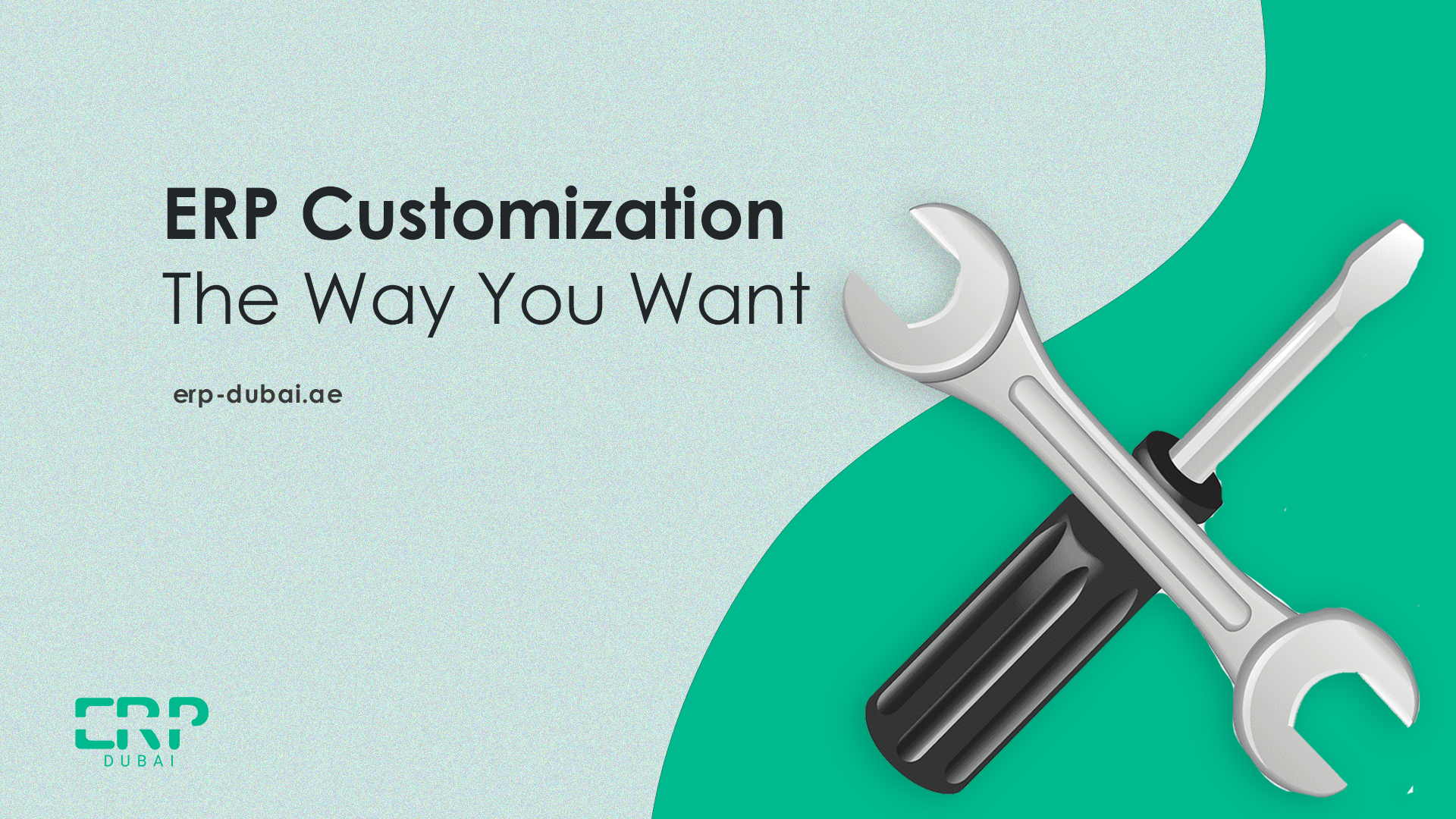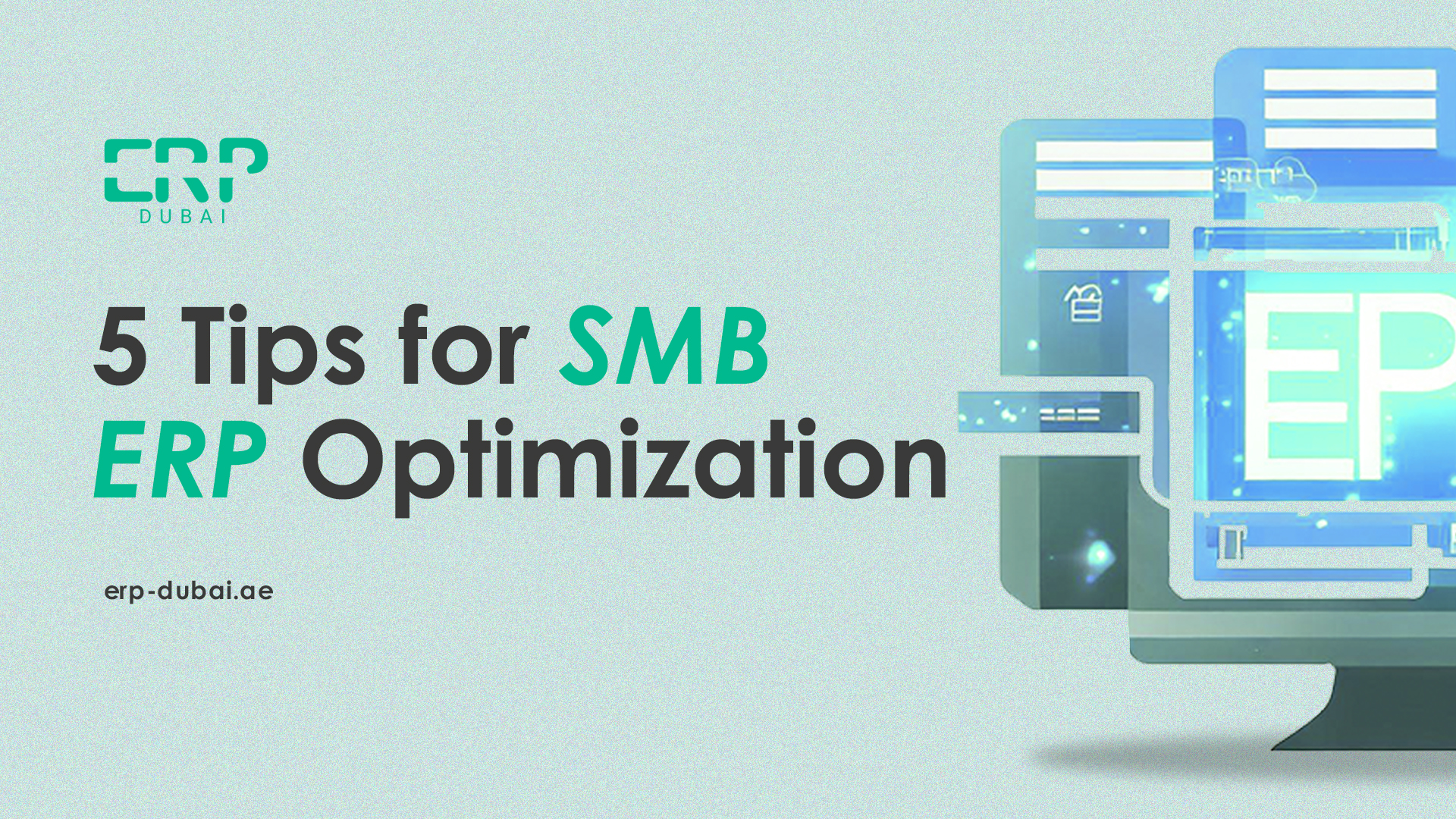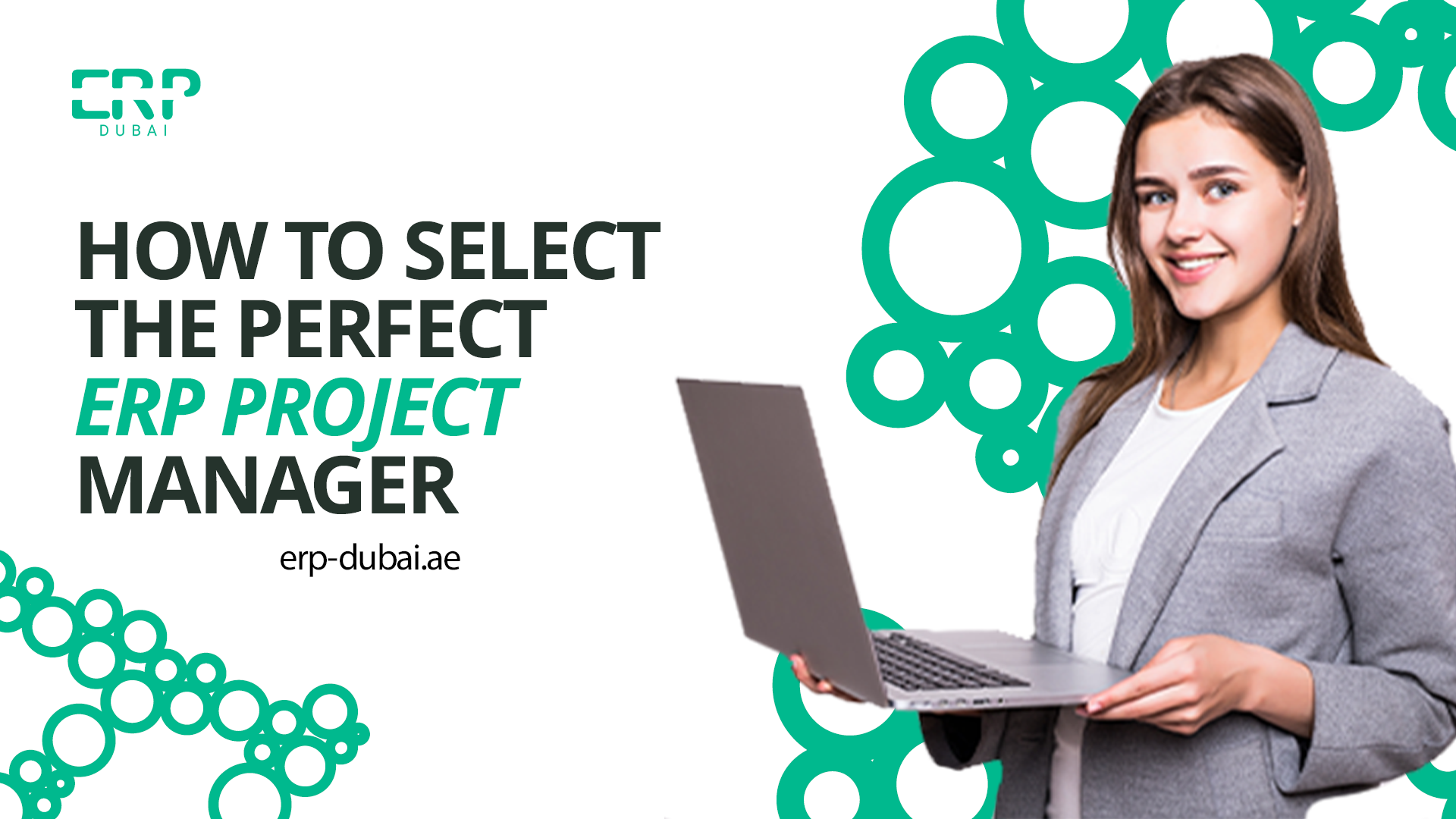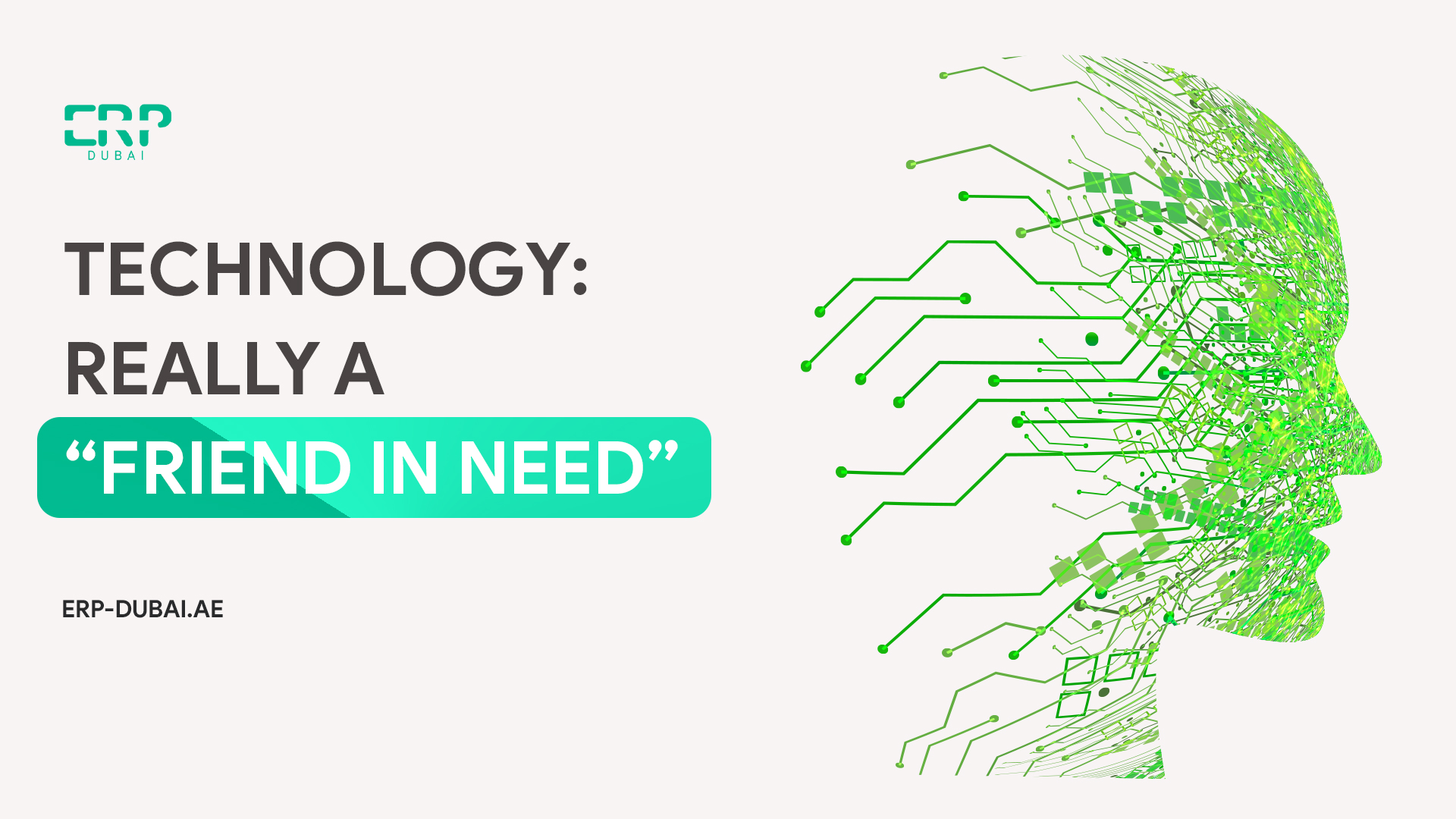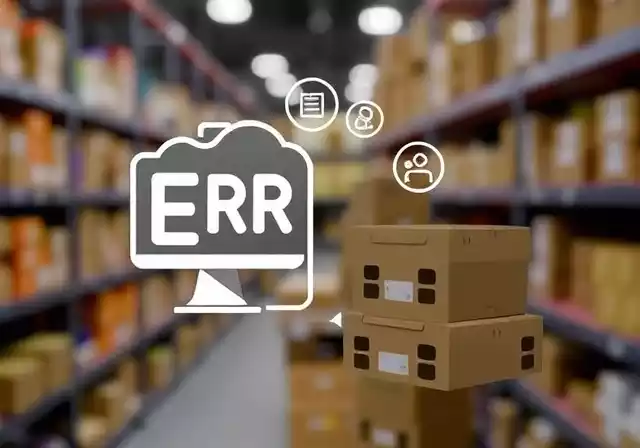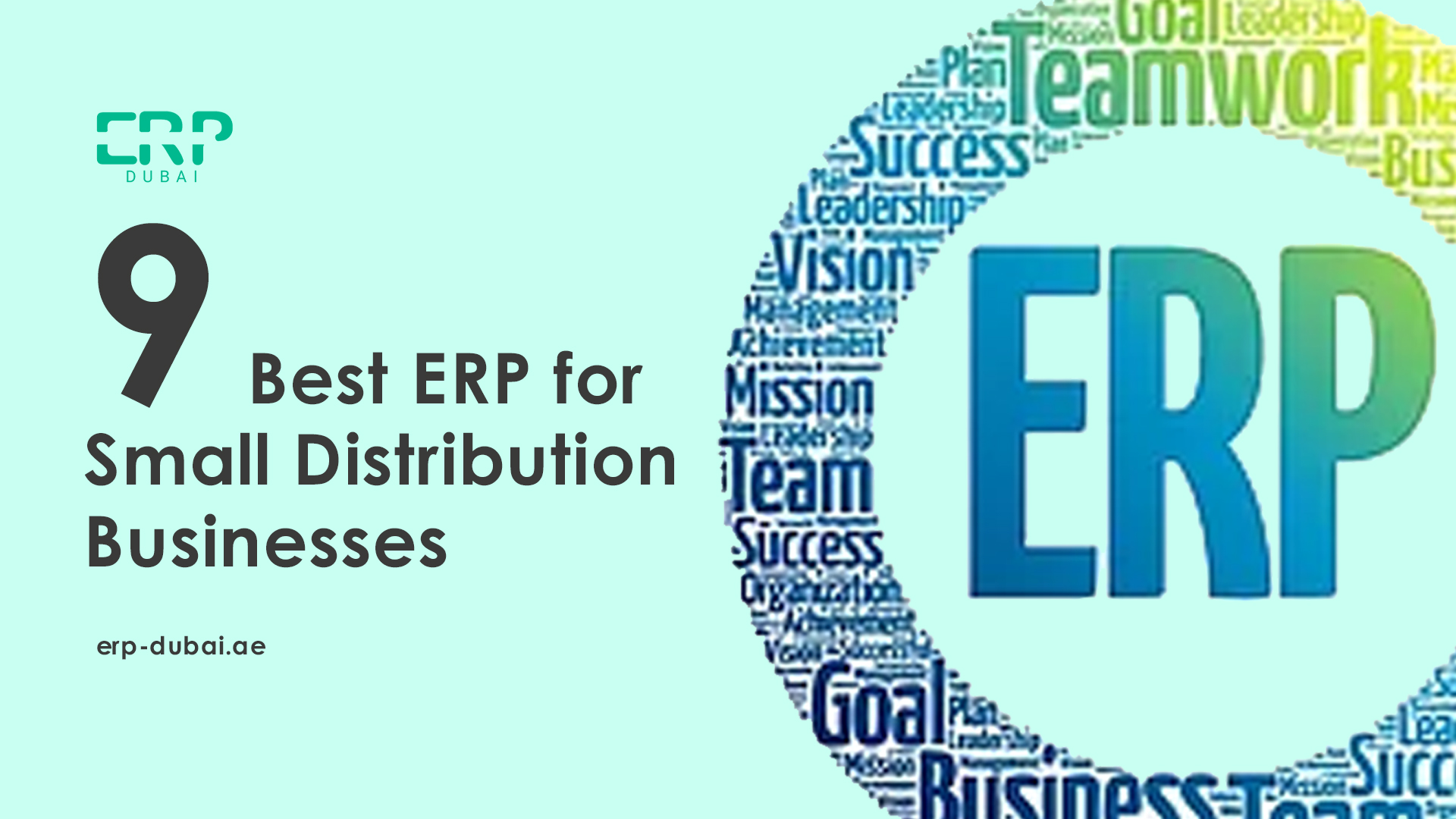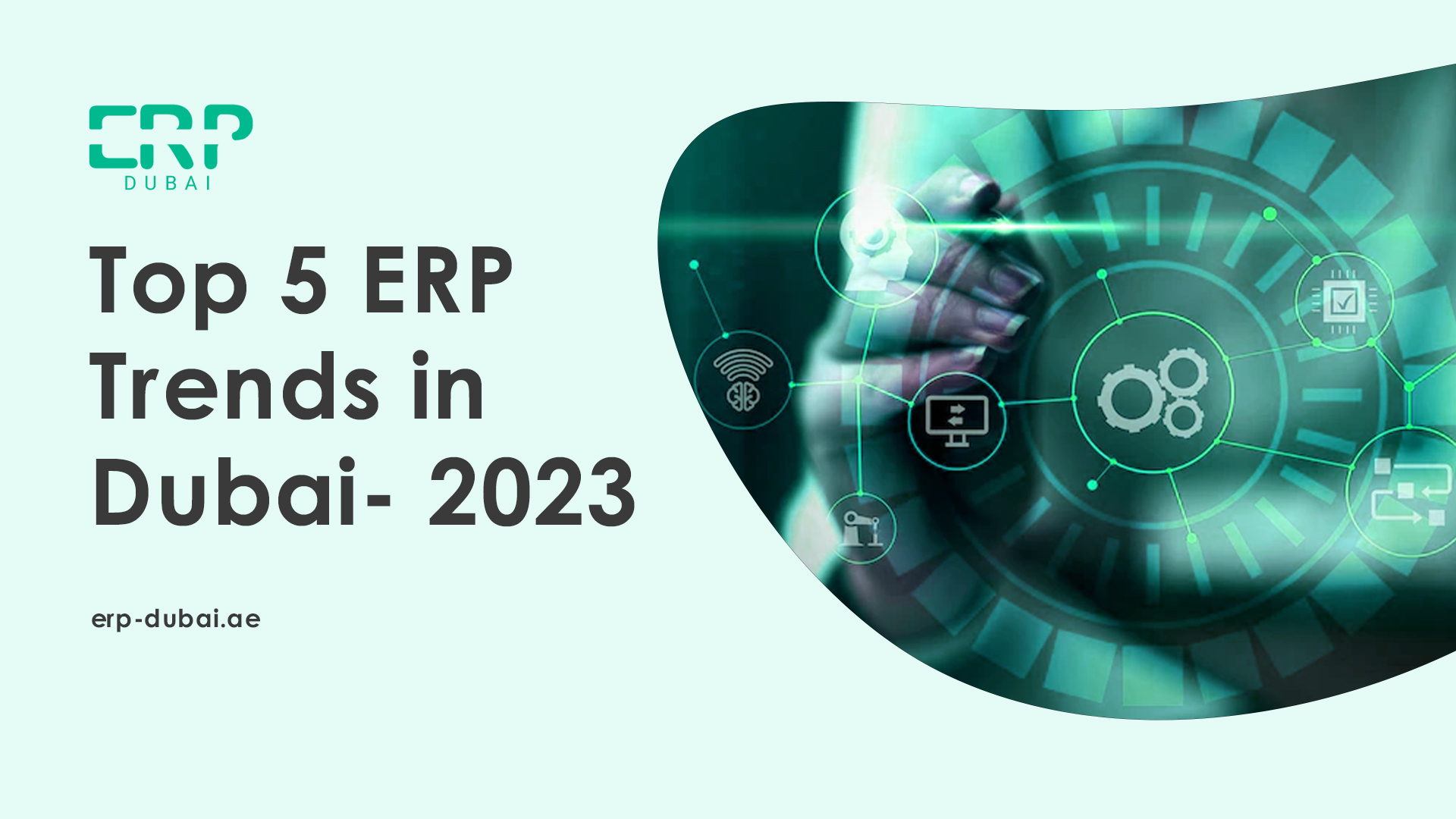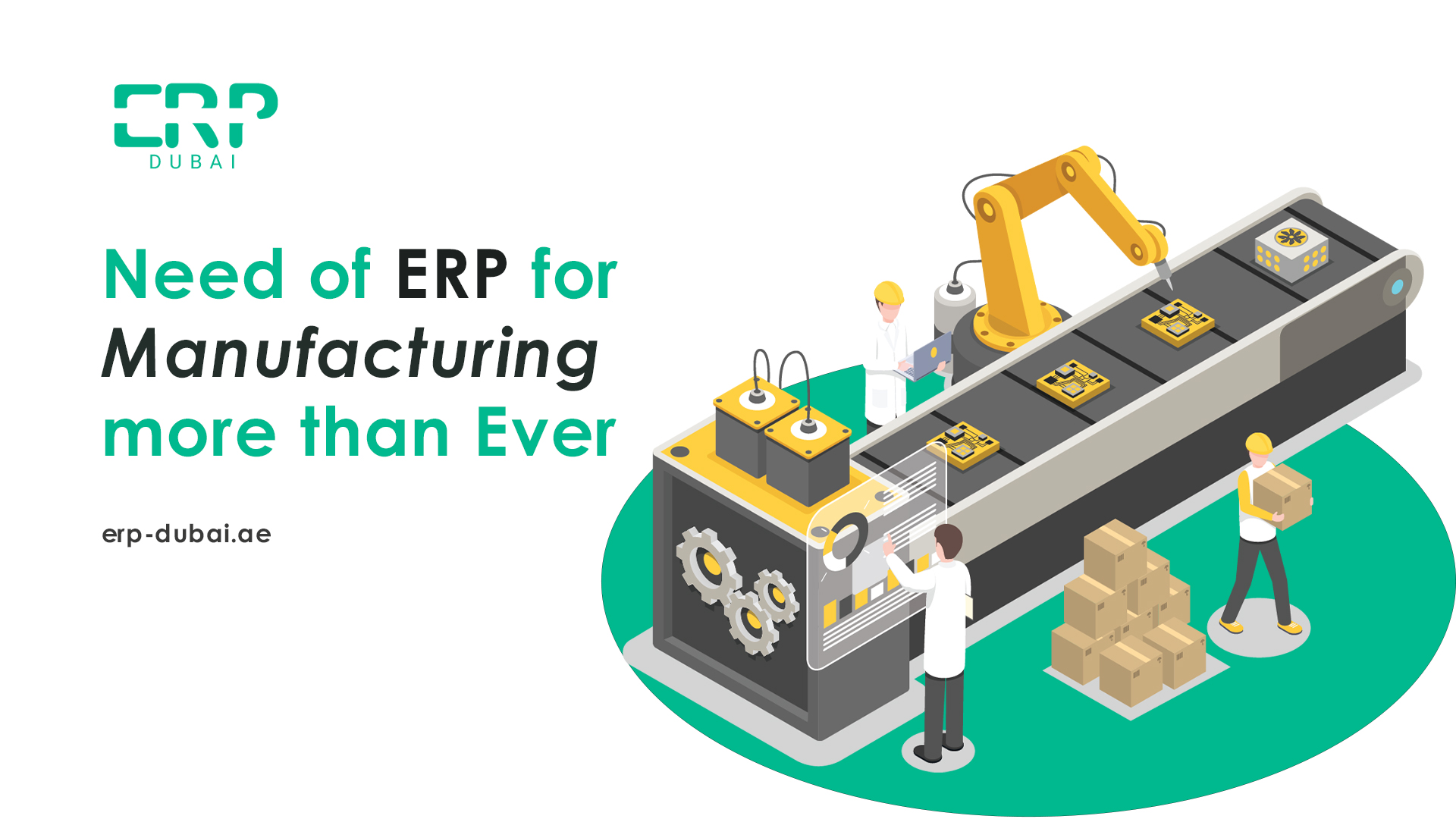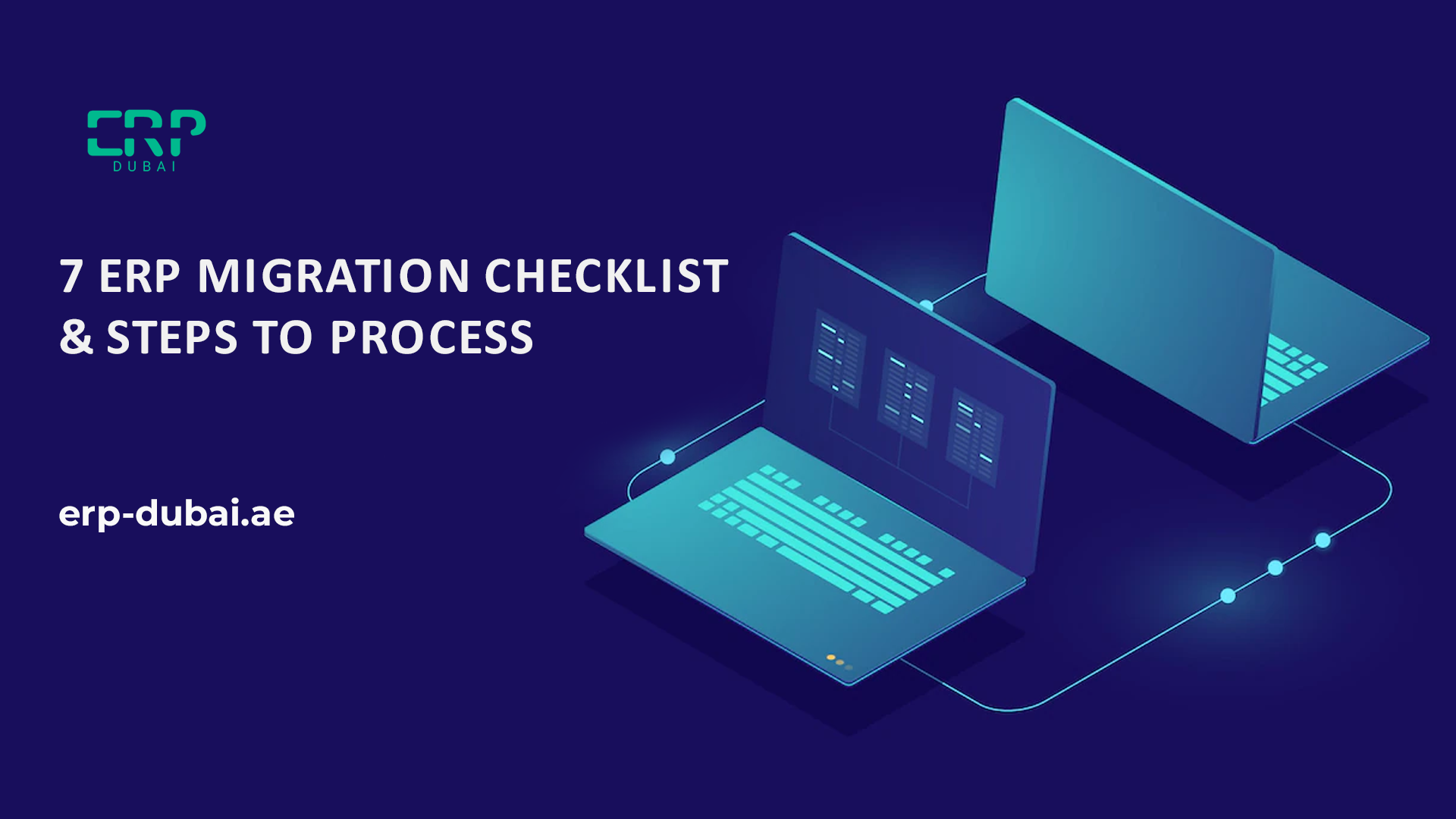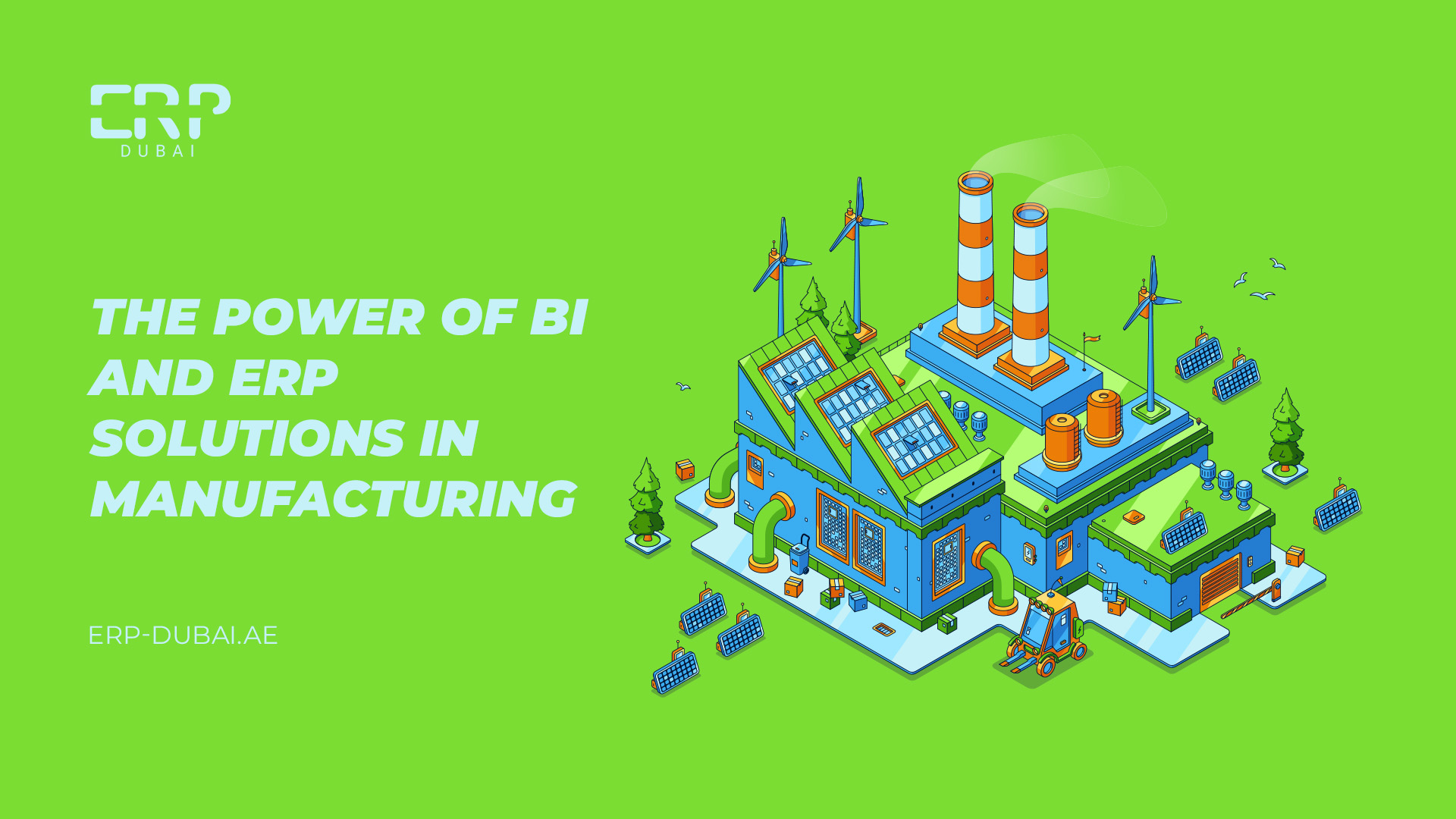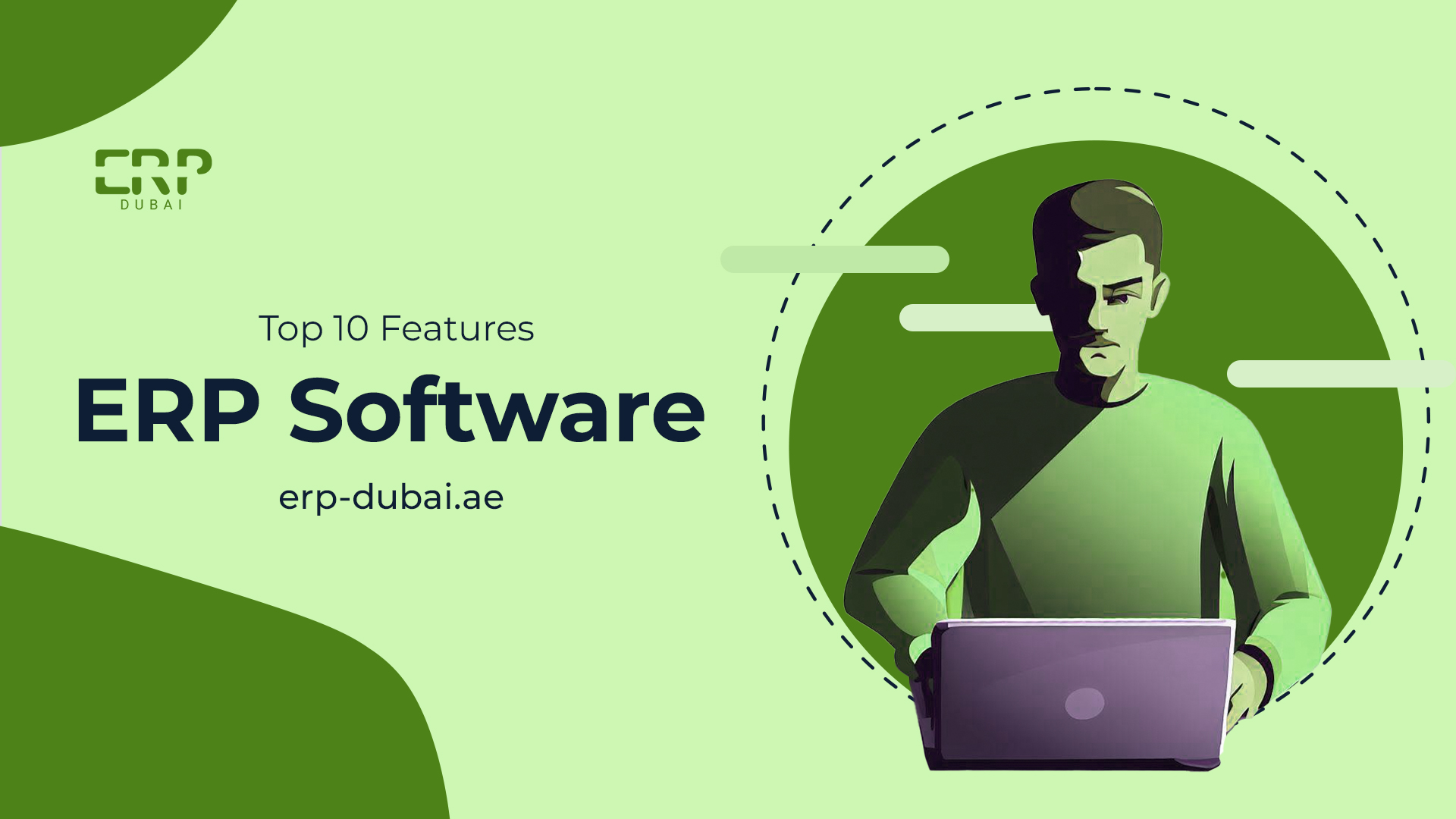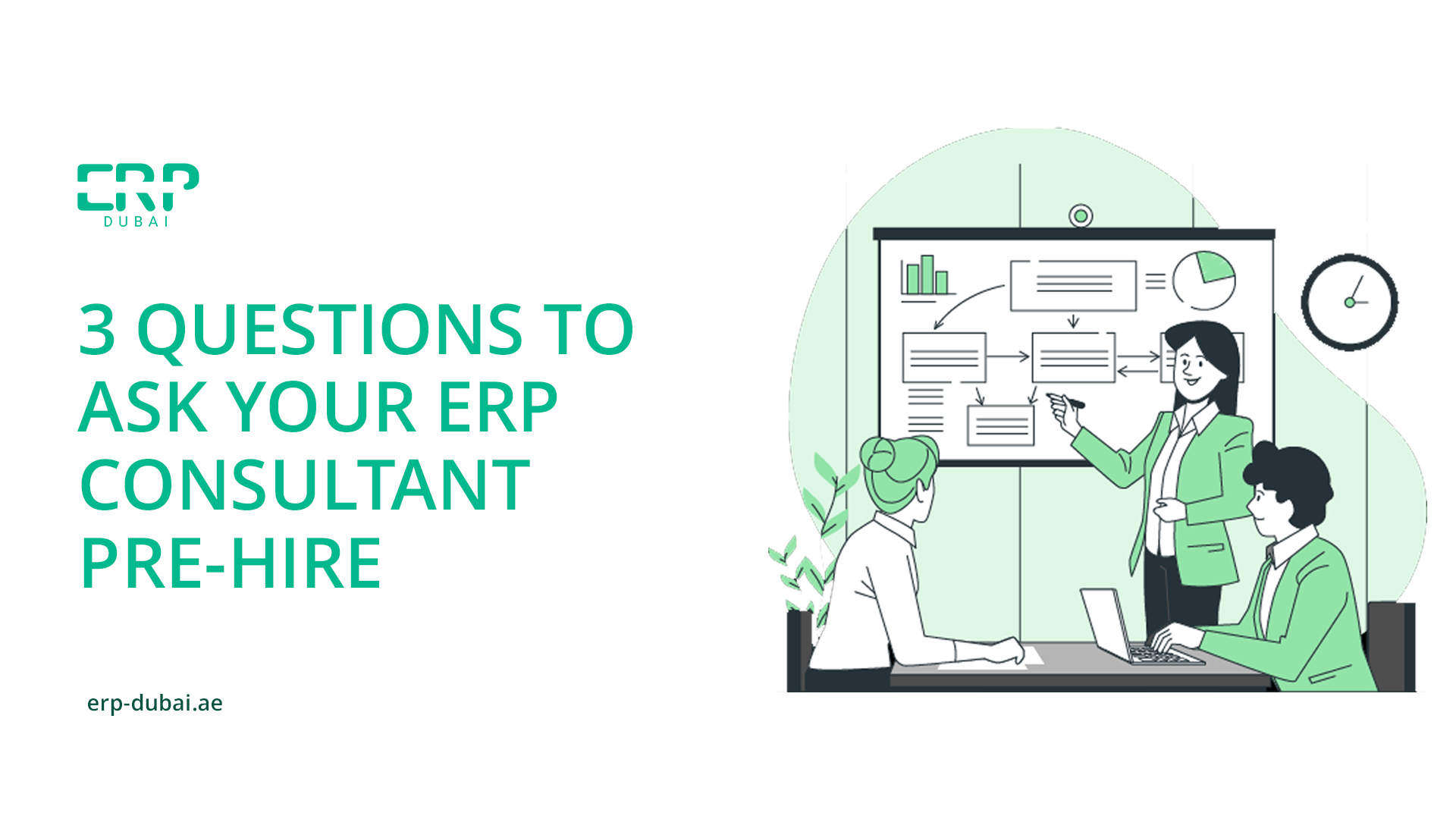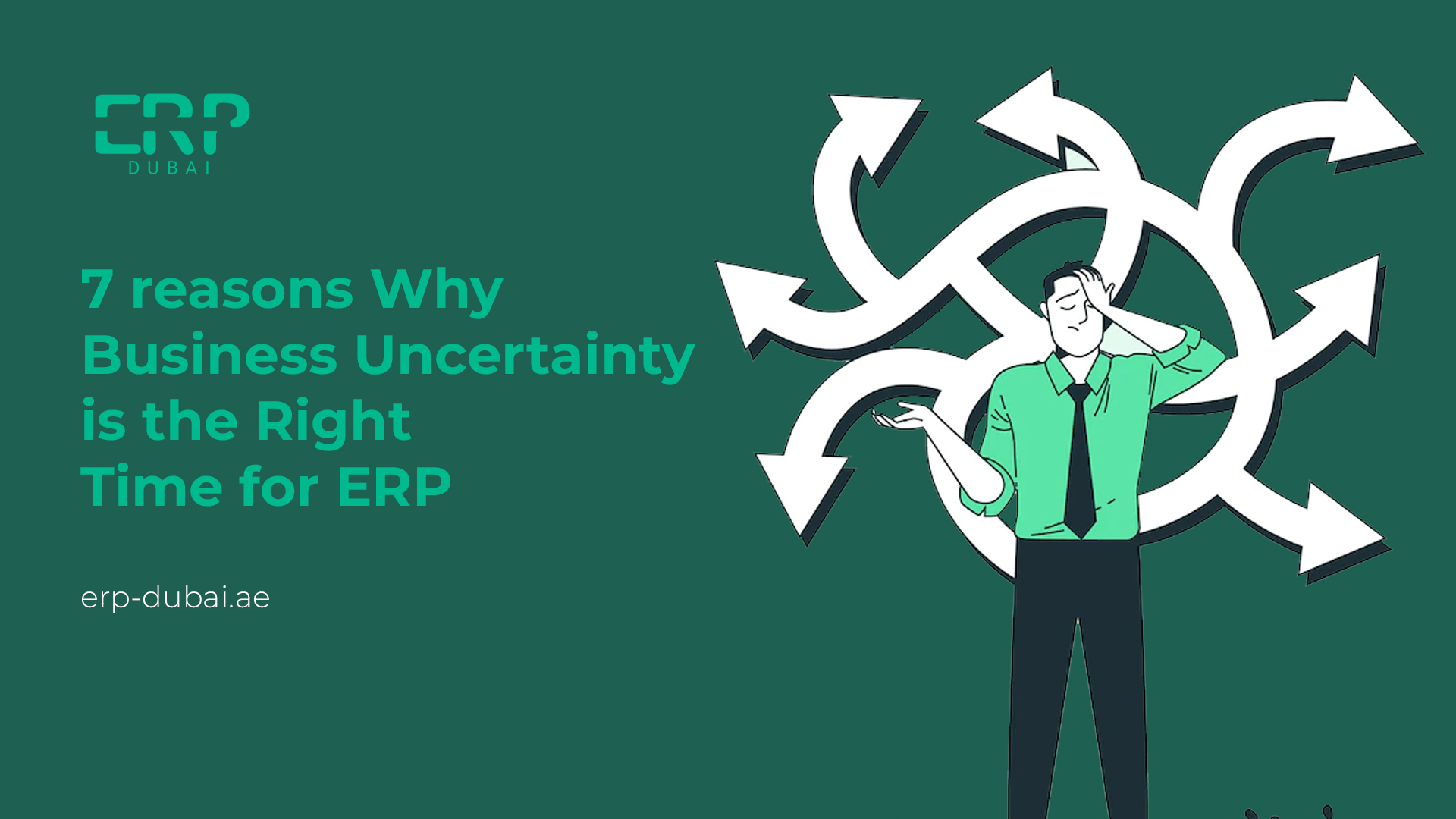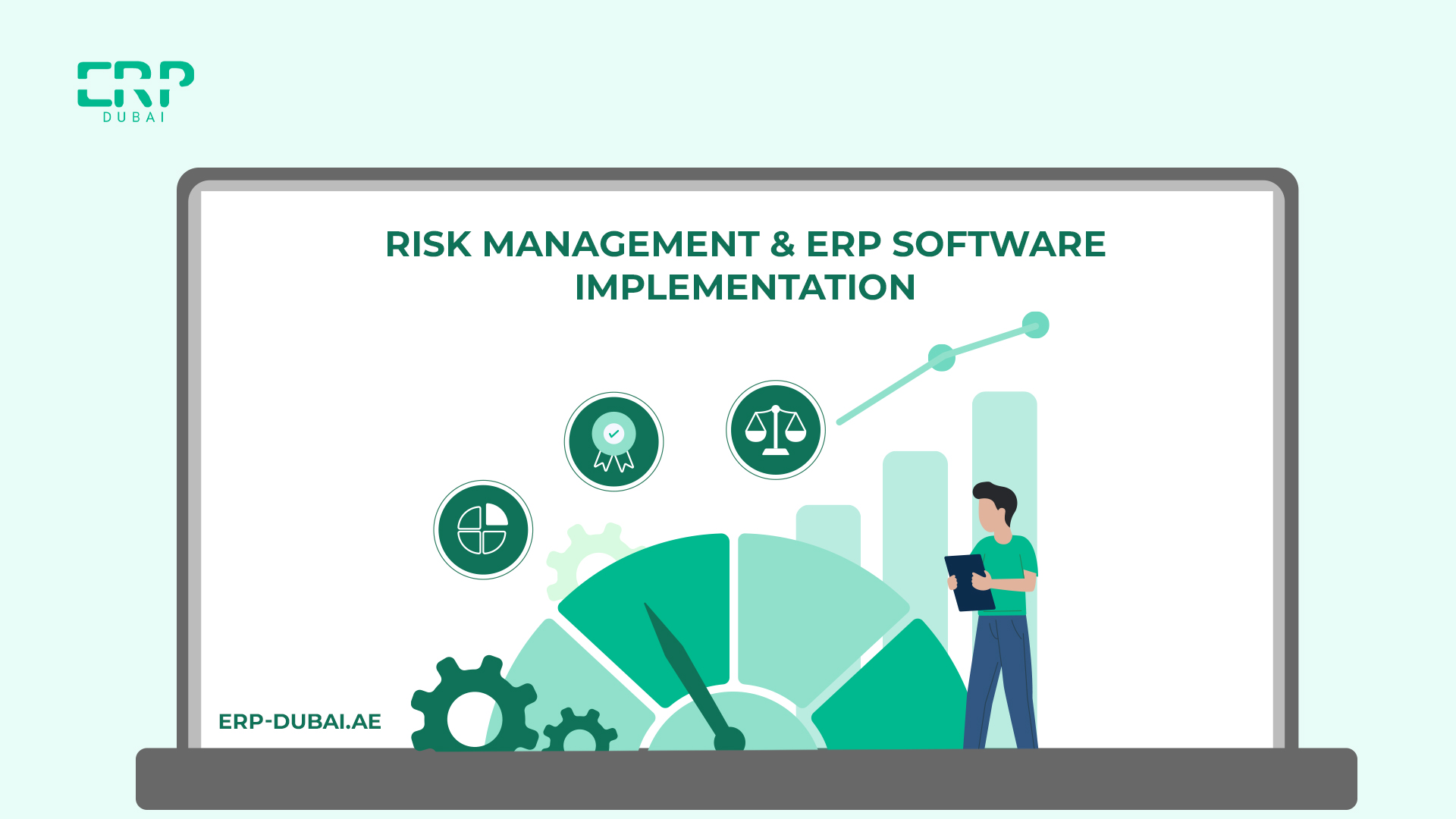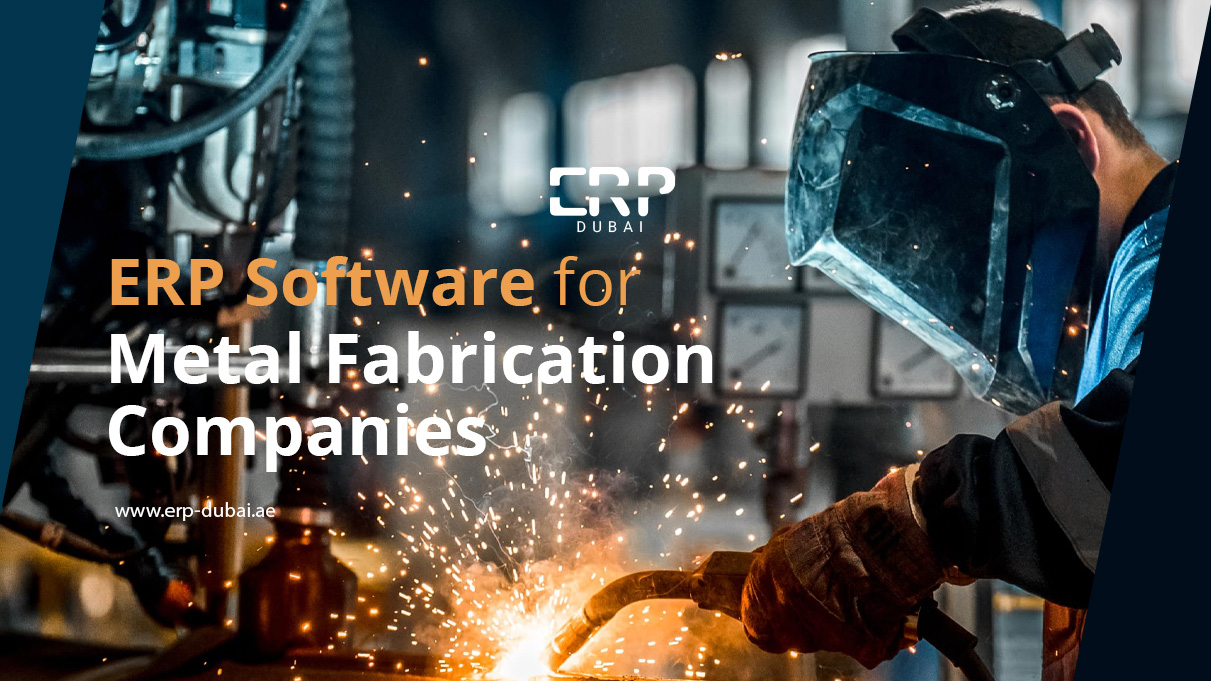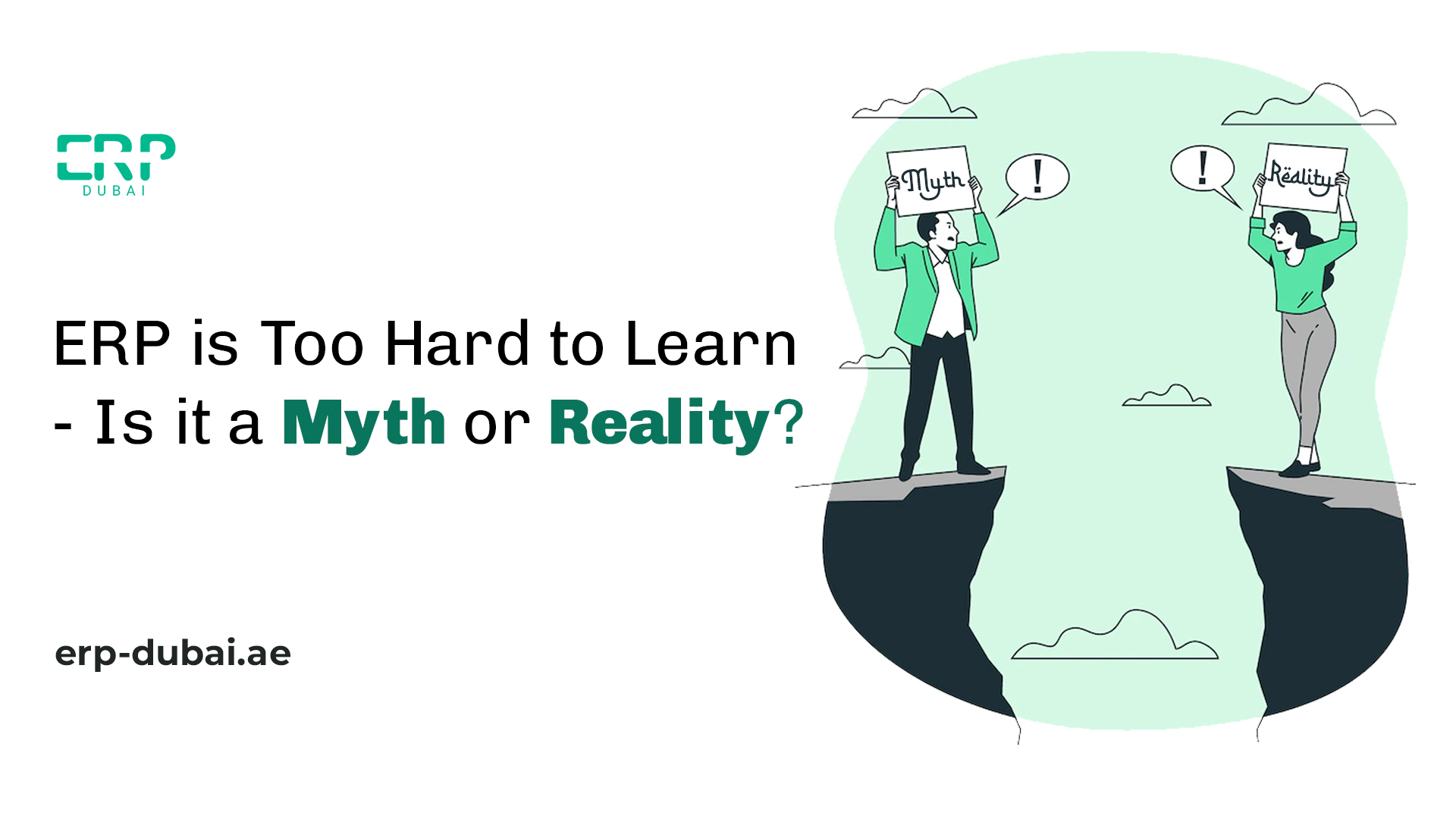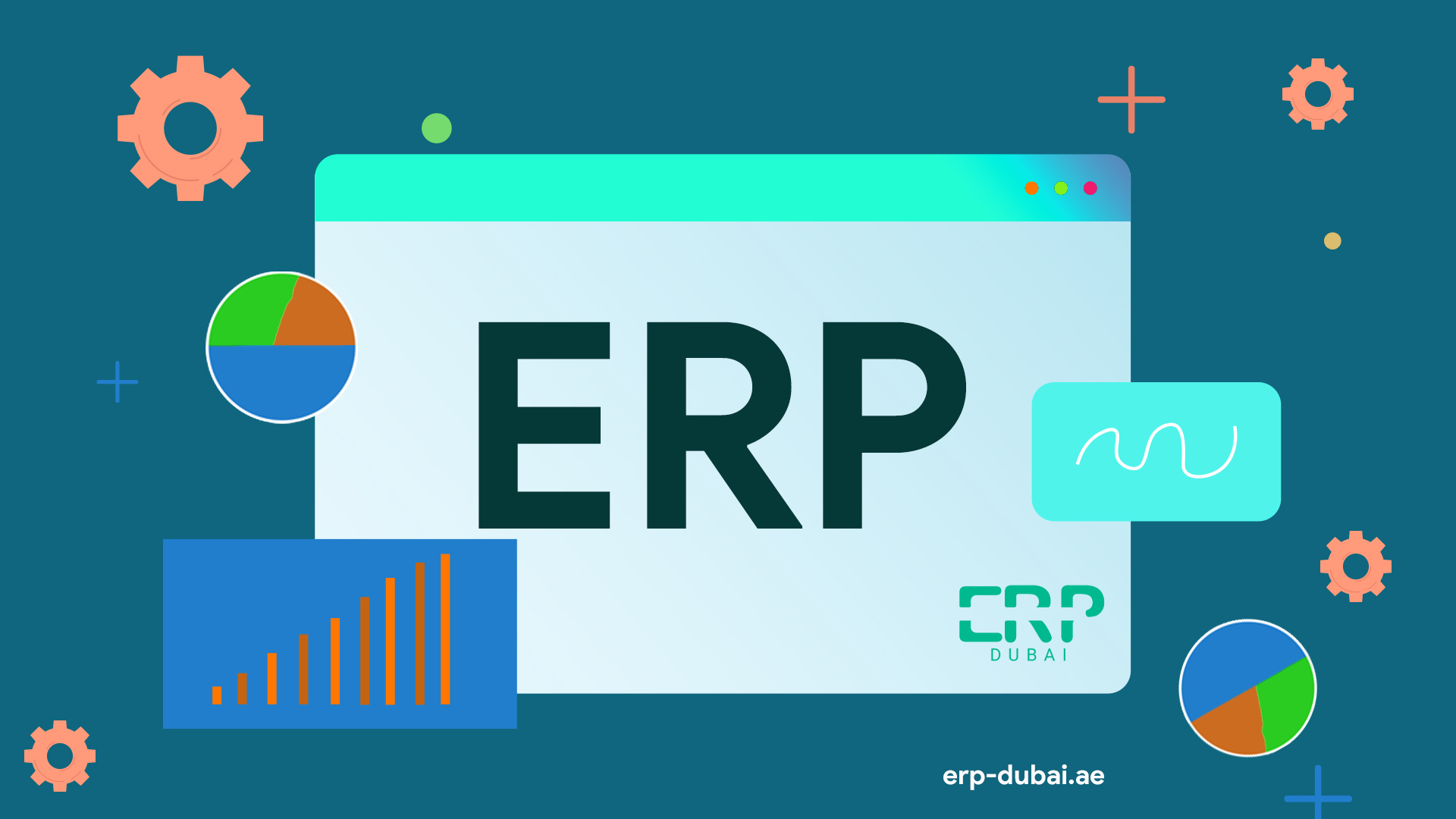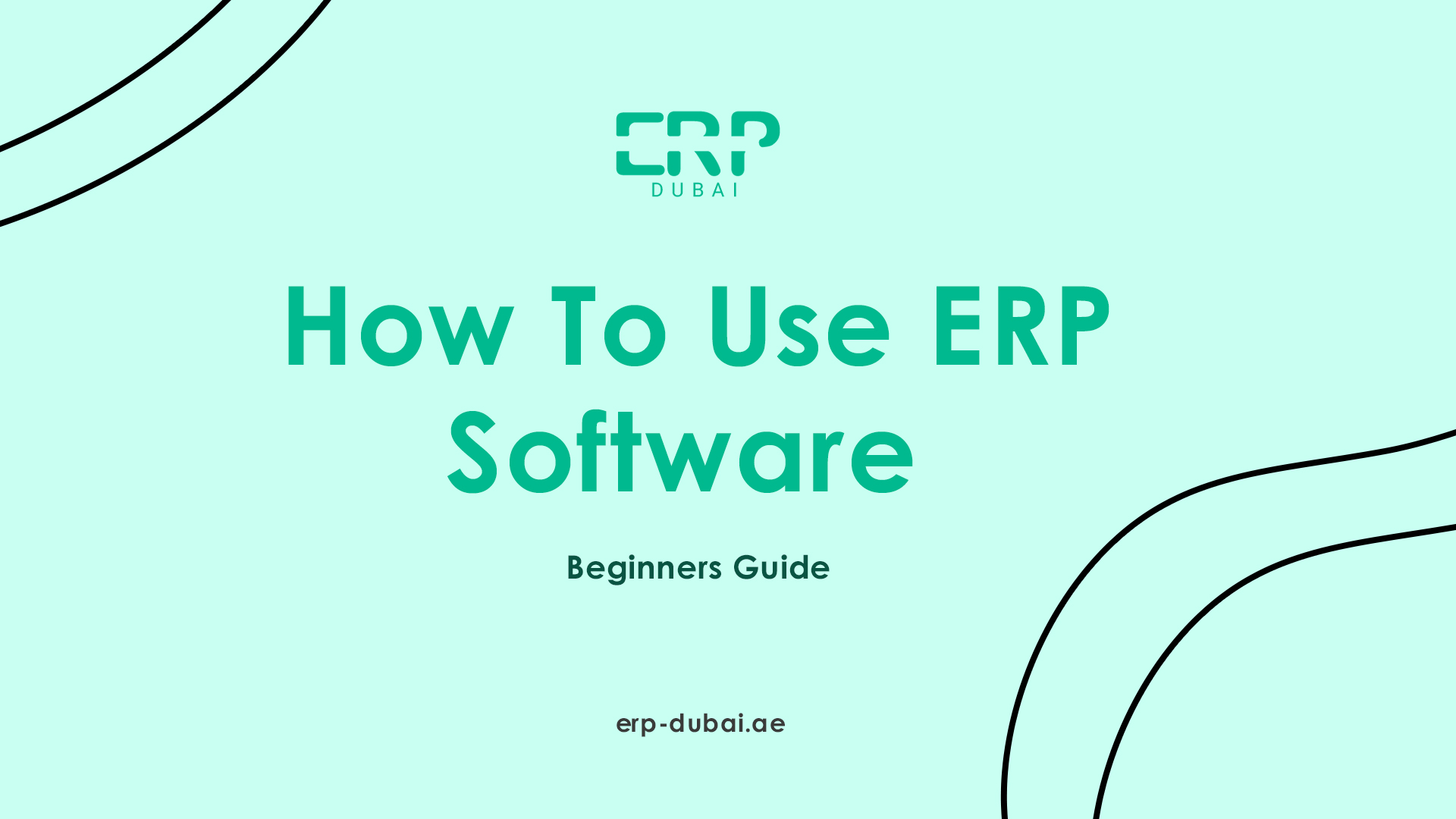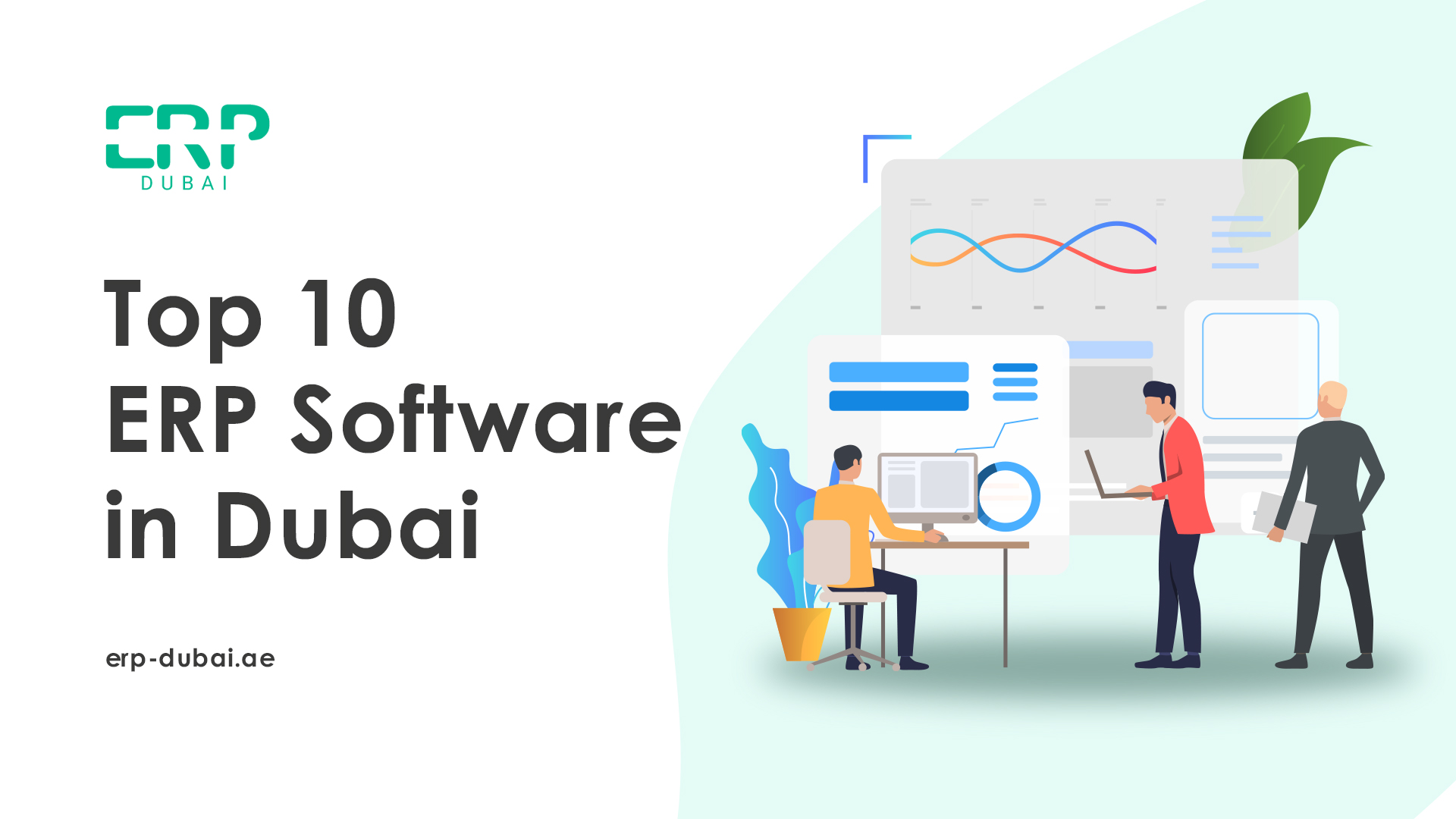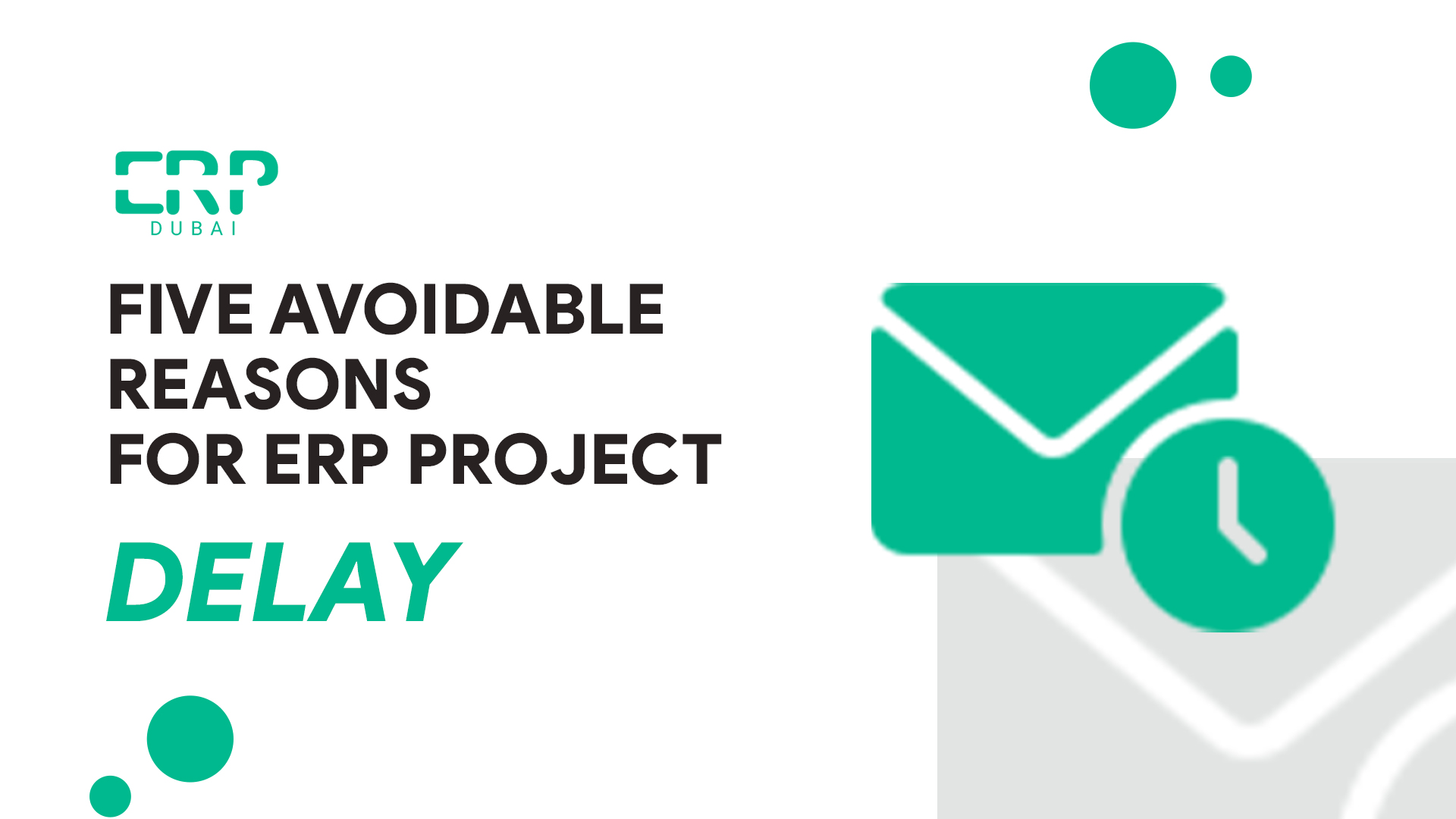No products in the cart.

6 Industries Thriving with AI-Integrated ERP Solutions
Every business, no matter how large or small, eventually runs into the same problem at different times: Managing behind-the-scenes operations either manually or with separate systems. For years, ERP platforms were the answer to this chaos.
Undoubtedly, this software has always been the engine room of modern businesses with its ability to centralize processes while creating orders from clutter, but the way it looks today compared to a few years back is completely different. Because now, artificial intelligence has blended into these systems. So, ERP software isn’t just about keeping records or tracking operations anymore; it’s shifting again. And the change isn’t small; it’s called AI-integrated ERP solutions. From just a futuristic term, it’s gradually reshaping into a sharper present that handles operations, finance, sales, and customer relationships. This difference is striking; what once needed hours of manual checking now completes within a few minutes. Simultaneously, managing sales based on gut feeling now leans on predictive analytics in ERP systems that can read patterns no human eye would ever catch.
And while almost every sector is experimenting with AI-powered ERP software, some industries are finding phenomenal results much faster and more accurately than others.
1. Manufacturing Industry: Precision Matters
Since the start, till now, factories have always lived on thin margins. They used to run on routine checks and after-the-fact maintenance. Here, a machine breakdown while projects are ongoing can ripple through the entire supply chain.
While traditional systems can track those issues, they can’t prevent them. ERP automation with AI is now bringing structure along with foresight.
Where AI ERP helps most in manufacturing:
- Predictive Maintenance: Machines rarely fail without leaving at least some clues. AI models inside the ERP systems let you forego the tension by detecting subtle signs, such as unusual vibration, slightly off-beat cycle, and flag those issues before the ultimate shutdown occurs.
- Quality Control: In modern factories, quality control looks extremely different. Image recognition tied into ERP scans products for details instantly. This artificial intelligence ERP software for the manufacturing industry, also known as a machine-vision system, consists of optical systems, cameras, and software that flags errors accurately.
Excited for the result? Well, as per research, this system is built with 99.5% accuracy. Also, the manufacturing industry used to lose its capacity between 5 to 20% because of downtime. But with the best AI-powered ERPin place, businesses have minimized their equipment failure.
2. Retail Industry: Staying Ahead of the Trend
Retail is unpredictable. You hardly get a second chance here. Most distinctly, it depends on guessing demand. Here, a product may fly off shelves one month, but the next, it may just gather dust. Customers always expect products to be in stock, fair prices, and personalized experiences. If you guess too high, goods aren’t going anywhere. And guess too low, sales are definitely walking away to your competitors.
- Personalized Promotions: AI in ERP systems suggests offers based on real trends, seasonal peaks, and buying patterns instead of providing blanket discounts. As a result, you get more sales without cutting unnecessary margins.
- Dynamic Pricing: These modern AI ERP features can efficiently adjust prices by automatically detecting competitor activity, seasonal demand, or stock levels.
- Customer Behavior Insights: Here comes conversational ERP with AI. It can easily interpret chat data, purchase histories, and even abandoned cart patterns to guide you for future campaigns.
So, inside the store or warehouse, these features make management easier, and managers no longer waste hours reconciling reports from different stores.
3. Healthcare: Accuracy & Efficiency
Hospitals daily generate mountains of data: patient histories, lab reports, prescriptions; it’s an endless flood, where mistakes aren’t an option. Lack of information was never the issue in this industry, but the ability to use it effectively is. AI ERP implementation here is proving vital in handling both speed and sensitivity.
- Patient’s Care: It can easily analyse records and test results to highlight which patients are at risk and send doctors a warning.
- Schedules: Systems now optimize appointments, which reduces no-shows and balances doctors’ availability.
- Operations: This is one of the best benefits of AI in ERP in the healthcare industry. It forecasts bed occupancy, equipment availability, and staffing accurately, which keeps hospitals prepared even during peak seasons.
For healthcare providers, what ties it all together is trust. AI ERP systems keep security and compliance intact while still giving healthcare providers the intelligence they need.
4. Logistics & Supply Chain: Speed without Stress
Few industries felt the weight of inefficiencies like logistics during global disruptions. Here, unpredictability has always been the problem. Every little factor, including traffic, weather, and customs, creates cracks. But AI ERP for business growthchanges that equation.
- Route Optimization: AI has made routing dynamic, with updated traffic system factors, port slowdowns, and fuel price changes. Also, it can suggest cheaper delivery routes effectively.
- Warehouse Automation: It retrieves and optimizes stock placements automatically to save storage space and overall reduce turnaround times.
AI-integrated ERP solutions don’t just record what went wrong in logistics; instead, they actively suggest what to do next.
5. Finance & Banking: Better Compliance & Sharper Insights
The finance sector always runs on trust and accuracy. Even a single error in reporting or compliance can create bigger issues. AI driven ERP solutions are proving to be a safeguard here.
- Fraud detection: The best part is that AI can now detect unusual transaction patterns instantly.
- Regulatory compliance: The latest AI and ERP implementation makes sure all records are complete, consistent, and clearly aligned with changing laws.
6. Construction & Real Estate: Projects are on Track
Construction projects often run over years while involving lots of contractors. A small delay can lead to huge overruns, but AI ERP features are here to break the cycle by adding a new layer of control.
- Smarter Scheduling: If there’s a material postponement, the system recalculates the project timeline instantly and suggests possible fixes. That prevents entire teams from facing loss.
- Cost tracking:ERP with AI integration monitors budgets instantly with alerts of overruns or unusual spending by analyzing old project data.
So, the future of ERP with AI in construction is less about paperwork and more about proactive management.
Overall, AI-integrated ERP solutions are becoming the strategic core across industries while actively guiding decisions, automating workflows, and creating foresight.



